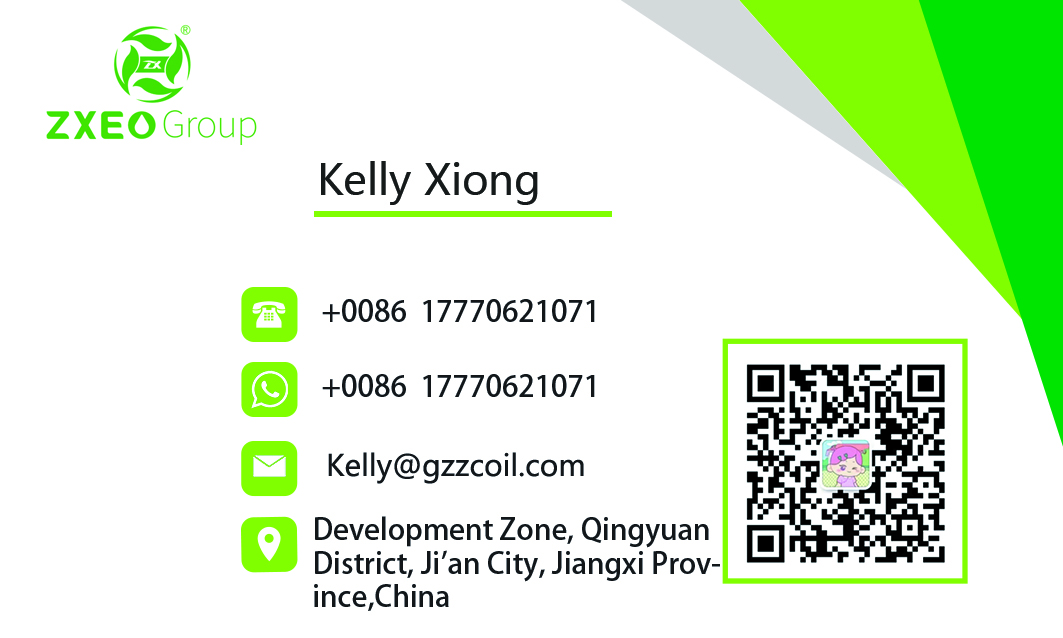Papaya Seed Oil is produced from the seeds of the Carica papaya tree, a tropical plant thought to have originated in southern Mexico and northern Nicaragua before spreading to other regions, including Brazil.
This tree produces the papaya fruit, renowned not only for its delicious taste but also for its exceptional nutritional value. Rich in vitamins, minerals, and antioxidants, papayas have long been a cherished food source for their numerous health benefits.
Beyond its role as a nutritious fruit, papayas have a history deeply rooted in traditional medicine. In particular, the papaya fruit and its extract have been used to treat digestive issues, constipation, and minor wounds.
The seeds, from which the oil is extracted, have been used for their therapeutic properties by various cultures for generations. These properties encompass a wide array of potential health benefits, ranging from anti-inflammatory activity to fighting certain types of bacteria.
Papaya Seed Oil, therefore, harnesses the essence of these potent seeds, offering a natural and holistic approach to wellness.
Benefits of Papaya Seed Oil
Although Papaya Seed Oil is best known for its deeply moisturizing properties, this luxurious oil has a lot more to offer than just hydration. From repairing the skin barrier to correcting yellow nails, Papaya Seed Oil may surprise you with its versatile range of benefits.
Here are the top 10 benefits of Papaya Seed Oil.
1. Linoleic Acid Plays a Powerful Role in Skin and Hair Health
Linoleic acid is an omega-5 fatty acid found in Papaya Seed Oil. This compound is also naturally found within the structure of our skin cell membranes and plays a pivotal role in maintaining skin health. It acts as a central player in membrane communication, ensuring the structural stability of the fundamental components of our skin.
When used topically, linoleic acid may offer a multitude of therapeutic benefits that can have a big impact on the health of our skin.
One of its most notable properties is that it may be effective in addressing various skin-related disorders, including a condition known as atopic dermatitis. This condition is accompanied by many symptoms, including dry, red, and flaky skin.
In addition, linoleic acid’s role in strengthening the structure and function of the skin may make it a great shield against external threats. It does so by locking in moisture and preserving the skin’s water content, potentially resulting in increased resilience and a healthier, more radiant complexion.
Interestingly, research has shown that those suffering from acne may have a deficiency in linoleic acid. Therefore, when applied topically, linoleic acid may lead to clear, smoother skin.
Overall, this compound is a potent anti-inflammatory agent, making it a great ingredient to promote wound healing and soothe minor skin irritations.
It may also provide protection against the damaging effects of UVB rays on the skin by delivering its antioxidant effects to the skin’s surface.
Beyond its role for the skin, linoleic acid may also promote hair growth by inducing the expression of hair growth factors.
2. Oleic Acid May Accelerate Wound Healing
Oleic acid, present in Papaya Seed Oil, is a monounsaturated fatty acid. This hydrating compound may be a promising skincare ingredient, primarily due to its potential anti-inflammatory properties.
This fatty acid has the potential to accelerate wound healing and trigger a reparative response in the skin by decreasing the level of inflammatory molecules at the site of the wound.
3. Stearic Acid Is a Promising Anti-Aging Compound
As we age, our skin undergoes a series of natural changes, one of which is a decline in the composition of fatty acids. Among these fatty acids, stearic acid plays an important role in maintaining the appearance and health of our skin.
Research has revealed that aged skin tends to exhibit a notable reduction in stearic acid levels, with a staggering 31% decline compared to younger skin. This decline in stearic acid content in the skin hints at its potential involvement in the intrinsic aging process.
One of the primary benefits of fatty acids is their ability to lock in moisture. By creating a protective layer on the surface of the skin, fatty acids may help retain moisture and reduce transepidermal water loss, effectively increasing hydration levels.
Post time: Sep-15-2024


